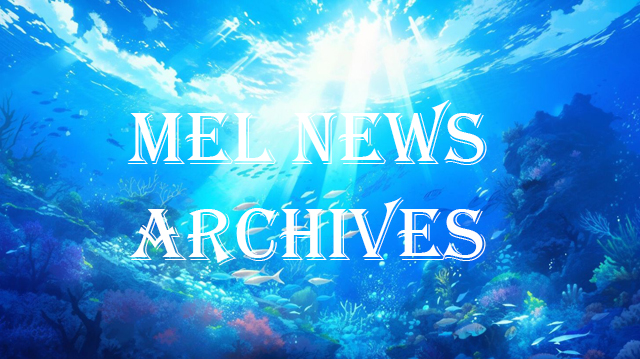1.Types and Units of Certifications
There are three types of MEL certifications according to their purpose: Production stage (Fisheries), production stage (Aquaculture) and Chain of Custody (CoC).
Applicants for production stage certifications should apply in units of fishery (fisheries) or producer(s) (including fisheries cooperatives and corporate associations) that handles a specific fish species with a specific fishing method under the same set of management rules.
For the time being, the scope of production stage certifications shall encompass Japanese fisheries, namely, fisheries/aquaculture implemented in compliance with Japanese fisheries-related laws.
Eligible applicants for CoC certifications are limited to businesses handling seafoods that have been acquired MEL production stage certification for their products. Multiple-site businesses are also covered by MEL CoC Standard.
Applications for a production stage certification and a CoC certification can be made collectively as necessary.
2.Production Stage Certification (Fisheries)
*Fisheries Management Standard(FMS) Ver.2.0
(1) Composition
Pursuant to the FAO Guidelines, the following three sets of requirements need to be met to obtain this type of certification.
- Requirements for fisheries management system: Fisheries shall be operated under an established management system
- Requirements for target stock: Stock under consideration shall be maintained as sustainable level
- Requirements for ecosystem: Proper measures shall be practiced for the conservation of the ecosystem
(2) Features
i) in consideration of a high degree of biodiversity and a wide variety of aquatic animals, and the high proportion of small-scale businesses using them.
ii) based on scientific evidence while giving consideration to the unique features of the Japanese fishing industry, in which local communities have historically and traditionally implemented comprehensive resource management encompassing mountainous forests, farmlands and rivers.
iii) in recognition of the mutual effectiveness of legal and administrative resource management programs and regional voluntary initiatives.
(3) Validity
The validity of the Fisheries Management Certification is 5 years.
3.Production Stage Certification (Aquaculture)
*Aquaculture Management Standard(AMS) Ver.2.1
(1) Principles
This certification is composed of the following four sets of principles.
- Social responsibility in aquaculture operations
(To surely fulfil social responsibilities) - Consideration for the health and welfare of aquatic animals
(To ensure the health and welfare of aquatic animals) - Assurance of food security
(To carry out aquaculture activities properly for food safety) - Consideration for environmental conservation
(To carry out aquaculture activities properly for the environment)
(2) Validity
The validity of the Aquaculture Management Certification is 3 years.
*Previous version of AMS can be downloaded from here.
4.Chain of Custody (CoC) Certification
*Chain of Custody Standard(CoC) Ver.2.0
Chain of Custody (CoC) Standard is to ensure that the seafood products bearing the ecolabel logo or sold as certified products are in fact produced from fishery products conforming to either the MEL Fisheries Management Standard ( FMS) or MEL Aquaculture Management Standard ( AMS). At all stages of the supply chain from producers to consumers, through processing, distribution, marketing, retailing, food and beverage service provision, etc., all entities that are physically handling the certified products must comply with this MEL Chain of Custody (CoC) Standard (CoCS).
(1) Composition
This certification is composed of the following four sets of requirements.
- Eligibility requirements for applicants
- General requirements for management system
- Requirements for segregation and traceability
- Requirements for logo management
(2) Validity
The validity of the Chain of Custody Certification is 3 years.
5.Use and Management of MEL Logo
*Regulations for the Use and Management of Logo
*Application form for the permission to use the MEL Logo
The property rights of MEL logo are protected under the Trademark Act., and the logo use requires the permission of MEL Council.
The conditions and procedures of the logo use for the certified entities are stipulated in the Regulations of the Use and Management of Logo.
After entering into a contract to use the logo, usage fee is required to pay, which is flat rate with the fixed amount depending on the business scale.
If the organizations such as charity/educational/non-profit, or Mass media, etc. want to use the logo in publications, websites, or broadcast, application for permission is required to submit to the MEL Council as also provided in the regulations.

